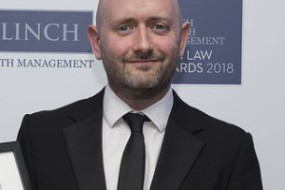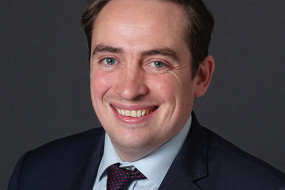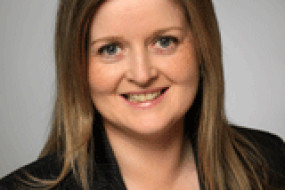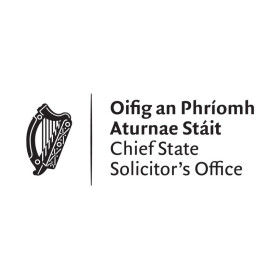In part two of his primer on lie-detection, Benjamin Bestgen tells us what actually works. See part one here. Psychologist Aldert Vrij, a specialist on lies and deceit, identifies viable lie detection options which do not involve technology, torture or chemicals. Looking at lying clinically, he find
Opinion
Lisa Bryson, partner and head of employment at Eversheds Sutherland in Belfast, considers the impact of COVID-19 on businesses in Northern Ireland. In some ways, it seems that the introduction of the Coronavirus Job Retention Scheme or the ‘Furlough’ scheme as its more commonly referred
Ireland's first academic research centre dedicated to research, policy and education on corruption and anti-corruption has been established at Dublin City University (DCU). The new Anti-Corruption Research Centre (ARC) is co-directed by Dr Michael Breen of DCU's School of Law and Dr Rob Gillanders o
The long-awaited UK Supreme Court judgment in Villiers v Villiers [2020] UKSC 30 has been handed down this morning. Scottish lawyer Rachael Kelsey has acted for the successful respondent, Mrs Villiers, since 2014 and gives a short summary of the 74-page decision. What was it about?
Benjamin Bestgen gives us the truth about methods of lie detection. See his last jurisprudential primer here. Last month, I sketched out some definition problems we encounter when considering what a lie is. I also noted that humans are bad lie detectors. Research tells us that even supposed experts
Alan Desmond, law lecturer at the University of Leicester, considers whether African-Americans could come to Ireland as refugees. Recent months have seen a growing international focus on use of excessive force against African-Americans by police in the US. The killing of George Floyd, in particular,
DWF associate Alison Martin and trainee solicitor Thomas Bulfin examine a recent case involving an employer with a mandatory retirement age. In the recent Workplace Relations Commission (WRC) case of Joseph McGrath v Focus Ireland ADJ-00018823, the adjudication officer considered the issue of object
Breda O’Malley and Mary Kelleher: High Court strikes down wage setting in sectoral employment orders
Breda O'Malley and Mary Kelleher of Hayes solicitors discuss the implications of a recent High Court ruling on the setting of certain minimum pay and conditions for workers in a number economic sectors. The High Court has struck down legislation providing for the setting of certain mi
Tom O'Malley, a law lecturer and barrister with expertise in criminal law, sentencing, criminal procedure and constitutional law, looks at an interesting English experiment in virtual jury trials. The resumption of jury trials for serious criminal offences is probably the biggest difficulty facing t
Jason O'Sullivan, solicitor and public affairs consultant at J.O.S Solicitors, sets out some tips for employers as public health restrictions begin to ease. Taoiseach Leo Varadkar’s announcement last week that the Cabinet has approved plans to accelerate Ireland’s exit from current lockd
Predictive policing is no longer just science fiction, as Benjamin Bestgen explains. See his last jurisprudential primer here. Philip K. Dick’s Minority Report is a short story probably better known through its movie adaptation: three mutants with the ability to foresee crimes before they happ
Graham Ogilvy enjoys a new presentation of the famous denouement of demagogue Joe McCarthy at the hands of Boston lawyer Joseph N Welch. It is an epic moment in American legal history that played out live on US television – and now new light is shed on the withering exchanges between veteran B
Eoin Brereton, partner at Philip Lee, considers new guidance on directors' duties during COVID-19. On 4 June 2020 the Office of the Director of Corporate Enforcement (ODCE) issued welcome guidance for directors of companies that ultimately become insolvent because of the COVID-19 pandemic. This guid
Katie McAuliffe, senior associate at Mason Hayes & Curran, explores the impact of COVID-19 on healthcare litigation. COVID-19 has placed the world in virtual lockdown. In an effort to mitigate the spread of the virus, the Irish government introduced travel restrictions limiting travel to essenti
Ronan Daly Jermyn partner Brian Hunt and solicitor Michael Quinlan take a look at the ambitious plans for legislative reforms in the insurance sector. Fuelled by cycle of rising and falling insurance premiums, the high level of personal injury awards, and a series of high-profile successes against f























